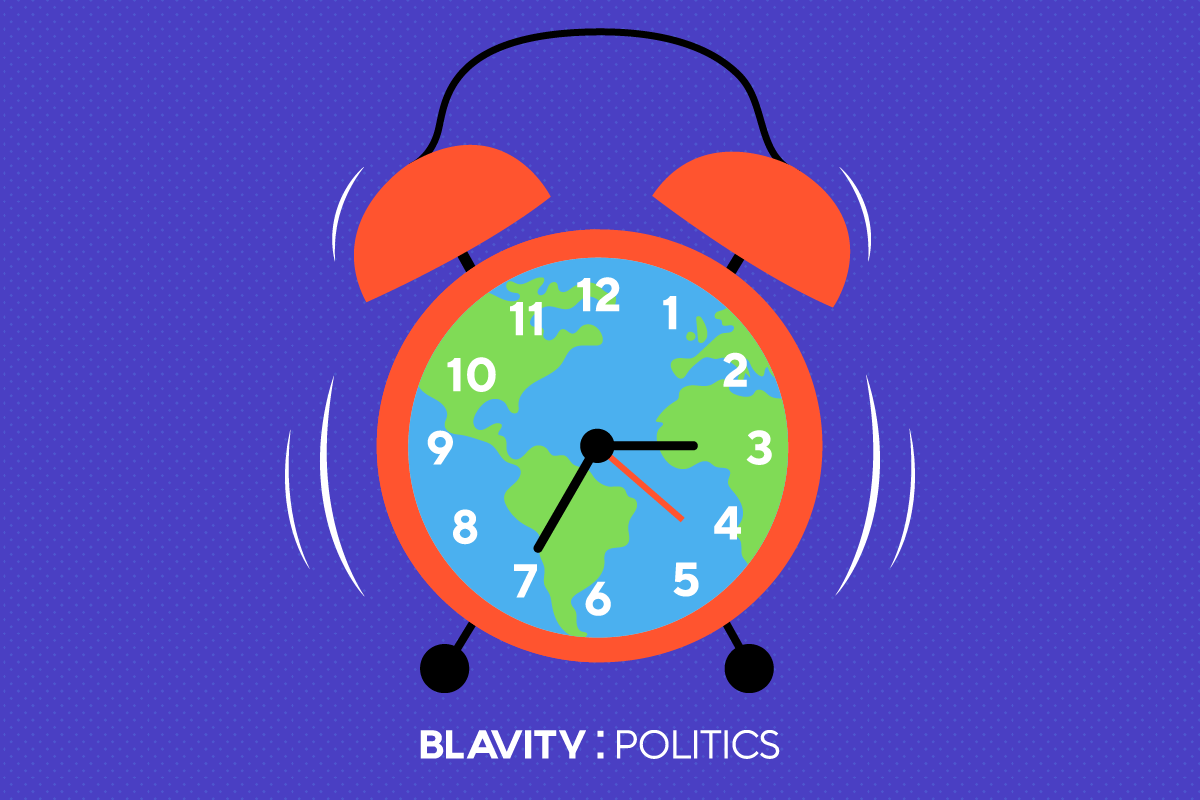This is the weekly column written by Blavity:Politics Senior Editor Kandist Mallett.
On March 14, Cyclone Idai wrecked havoc across Mozambique, Zimbabwe and Malawi. More than 2 million people were affected by the storm. While there is yet to be direct evidence that the cyclone was caused by climate change, experts say the rainfall, storm surge, and wind that came together to create the unprecedented storm are a direct result of global warming and rising temperatures across our planet.
Many of us don’t generally think of climate change and environmentalism as major Black issues. The daily grind of trying to survive financially, keep ourselves and our loved ones out of the prison industrial complex, and avoid being shot by police for walking and being Black tend to take lead in terms of issues that are most important to us. But, the effects of climate change impact us daily; they just aren’t felt immediately.
Part of why there is such a disconnect between climate change and the Black community is due to who is doing the messaging around it. When awareness campaigns were first taking off about global warming, the focus was on how it would impact species in the Arctic and North Pole. Often, when we see climate change discussed it is with images of sinking or starving polar bears, for example.
While it is important to care about the record number of animals on this planet going extinct because of human endeavors, it’s also important to highlight that because of white supremacy and capitalism, poor people and people of color are often the first to suffer. We should all be concerned about the whale that was found dead on a shore with 80 pounds of plastic bags in its stomach. But, environmentalists and all of us should also certainly be very concerned about those who live in rural coastal communities and small islands depend on fishing for survival.
Here in the states, we’ve seen what happens when there is a major environmental disaster that hits our community. Those who are Black and poor are left to fend for themselves. After Hurricane Katrina hit in 2005, we may have thought we would never let that kind of abandonment happen again. But, twelve years after Katrina displaced and killed thousands, Hurricane Harvey flooded the lower wards of Houston, Texas further displacing and re-traumatizing some of the very people who had survived Katrina in New Orleans.
Many of those who were impacted by Harvey are still displaced today. The New York Times reported that “in the poorest communities, some residents are still living with relatives or friends because their homes remain under repair. Others are living in their flood-damaged or half-repaired homes, struggling in squalid and mold-infested conditions. Still others have moved into trailers and other structures on their property.”
Some experts have said that storms like these will only increase unless immediate changes are made globally. The Intergovernmental Panel on Climate Change report, issued in September 2018, found that “such extreme precipitation will likely further increase if the world cannot limit overall warming to 1.5 degrees Celsius (about 2.7 degrees Fahrenheit), according to the Times.
While the IPCC report estimates that by 2040 human existence will begin to look pretty grim, we know by examining how climate change has already impacted the Black diaspora that the discussion of extreme weather is no longer a thing of the future for our communities- it is a threat to our immediate present.
This will require immediate action by not only our legislators but by the community as a whole. As we’ve seen in Puerto Rico after Hurricane Maria, many of the island’s poorest residents are still living without power and access to clean water. This is something our communities should be preparing for now. Green energy should not be something that is only for the liberal rich to divulge in, it must be something that is also accessible to the poorest amongst us. It is an incredible shame that essentials like water filtering systems and solar panels are considered luxuries and are still not the norm. When I was in fifth grade my elementary school was the first solar school in the country. We were given miniature solar cars to build and race in celebration. This was two decades ago, and yet, we are still not widely using solar energy in this country.
We must attack climate change with the same vehement energy we do racism. We need to destroy the idea that environmental issues are a “white issue.” By treating it as an urgent problem today, we just might be able to lessen the harm for tomorrow.
Now, check these out:
Here’s What You Need To Know About The Green New Deal
